Which airlines will move to Hong Kong’s new Terminal 2?
The shining new high-tech terminal will unlock a wealth of possibilities for the ‘airport city’.

Hong Kong International Airport’s Terminal 2 is expected to see its first flights in 2025, but which airlines will shift over Terminal 1 into the modern new T2?
We know it won’t be Cathay Pacific, which is not only firmly entrenched at T1 but is planning to add new lounges once other airlines leave, freeing up more space for Cathay to spread its wings.
That’s also likely to mean other Oneworld airlines, which rely on Cathay for its lounges and connectivity into mainland China and the rest of Asia, will also stay put, so that Terminal 1 remains Hong Kong’s default home of Oneworld.
“Cathay has indicated that they will remain in T1, and then probably (airlines with) more connectivity with them will be over there,” Vivian Cheung, Chief Operating Officer for Airport Authority Hong Kong – the government body which operates the airport – has previously told Executive Traveller.
Lavinia Lau, Chief Customer & Commercial Officer for Cathay Pacific, has also told Executive Traveller that Cathay’s low-cost arm HK Express will also remain at T1.
An alliance-based terminal?
Cheung has previously indicated that discussions with airlines are underway, with a “task force looking at (airline) market share, what's the best way to split them into different terminals.”
“A very important thing is that we are a hub. Connectivity is so important (and) we want to make sure that airlines connect to their associate airline in the most efficient and fastest way…. so that combination is very important.”
Could this see the possibility for Terminal 2 to become the Hong Kong hub for Star Alliance or SkyTeam airlines? “It could be, yes,” Cheung conceded, adding “we're looking at pros and cons” of that model.
Those pros could include an integrated check-in area for all alliance member airlines, as seen in London Heathrow’s Terminal 2, where there are rows of self-service check-in machines and desks for all Star Alliance airlines, along with a dedicated row of staffed premium check-in counters.
This also raises the possibility of alliance-branded lounges for first and business class passengers, along with frequent flyers – although Heathrow T2 is an equally good example of this not taking place, as it sports seven airline-specific lounges but no singular flagship Star Alliance lounge.
Approached by Executive Traveller, spokespeople for Star Alliance and SkyTeam declined to comment.
There are also independent airlines unaffiliated to any alliance – including heavy-hitters like Emirates – which could be wooed across to T2 with little any impact on passengers.
“We also have to host quite a lot of the low-cost carriers and those single destination point-to-point type of airlines,” Cheung explained.
A spokesperson for AAHK tells Executive Traveller that announcements on which airlines will shift from T1 to T2, and which airline lounges will be at T2, all hinge on the opening date for T2 being locked down – and that remains quite some time away.
Fast-track entry to China
Also under consideration: pre-clearance Chinese customs and immigration facilities which would permit travellers headed for the mainland to arrive in China as domestic passengers.
A similar system is already in place at West Kowloon station, which connects Hong Kong to China's high-speed rail network via Guangzhou and Shenzhen.
The plan to establish a Chinese gateway at Hong Kong International Airport to streamline travel and bring the Asian metropolis even closer to the mainland.
Cheung admitted “the Government are studying” such a system for HKG, but said “so far we don’t have any plan on this mainline immigration in Hong Kong.”
While a decision "would be in the hands of the Government (so) we're waiting for (the) Government study… we continue with our strategy that we want to establish more long-haul or more international flights, and we’ll continue to do that.”
Ready for take-off
Four years ago, Hong Kong International Airport’s Terminal 2 was primarily the domain of low-cost carriers and very much the poor cousin to Terminal 1.
But it’s now being transformed into a much larger and thoroughly modern high-tech terminal with a new role to play in transforming HKG “from a city airport to an airport city.”
That transformation isn’t just about T2 itself, which looks like a multi-billion dollar Meccano set as the old terminal is rebuilt from the ground up.
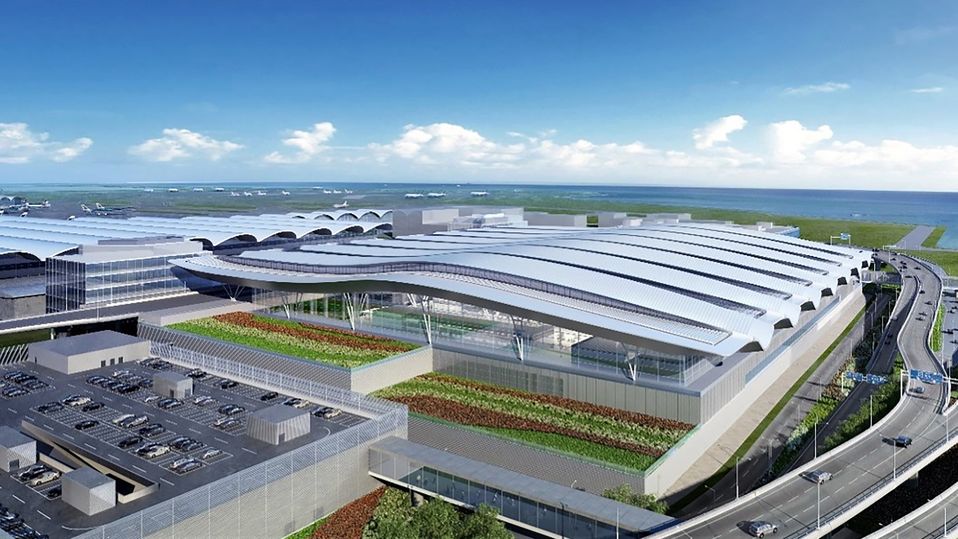
This blue sky future is also framed by the airport’s third runway – extending 3.8km across 650 hectares of reclaimed land in parallel with its twin predecessors – and the ambitious SkyCity precinct of hotels, commercial towers and the 11 Skies mega-mall.
When both terminals and all three runways operating in tandem, HKIA will be able to handle 120 million passengers per year, with an increasingly large number of those travelling to and from China’s Greater Bay Area.
A spokesperson for AAHK tells Executive Traveller that “all the major building and infrastructure works for the three-runway system are proceeding with the target to complete in 2024.”
However, T2 is not expected to welcome its first passengers or flights until 2025.
“We will open relevant passenger facilities (including Terminal 2) in phases in light of passenger traffic demand,” the AAHK spokesperson says.
Cathay Pacific could prove a useful yardstick: the airline is on track to reach 100% of its pre-pandemic passenger flights by the first quarter of 2025, forecasts CEO Ronald Lam.
This means the timing for Terminal 2 and the three-runway system couldn’t be better.
Whenever the ribbon-cutting and obligatory Lion Dance takes place, flying into and out of Terminal 2 will be a very different proposition to Terminal 1.
While passengers will check in for their flights and go through security and immigration screening at Terminal 2, their flights will depart from a distant ‘midfield concourse’ sandwiched between the eastern ends of the second and third runways.
An extension of the airport’s driverless Automated People Mover line will whisk travellers between T2 and the concourse’s 60-odd gates, while their luggage will hurtle along on a dedicated ‘high-speed’ baggage system.
However, for travellers who need to transit between terminals for connecting flights, there will be no ‘interchange’ station between the T1 and T2 APM lines except at T2 itself.
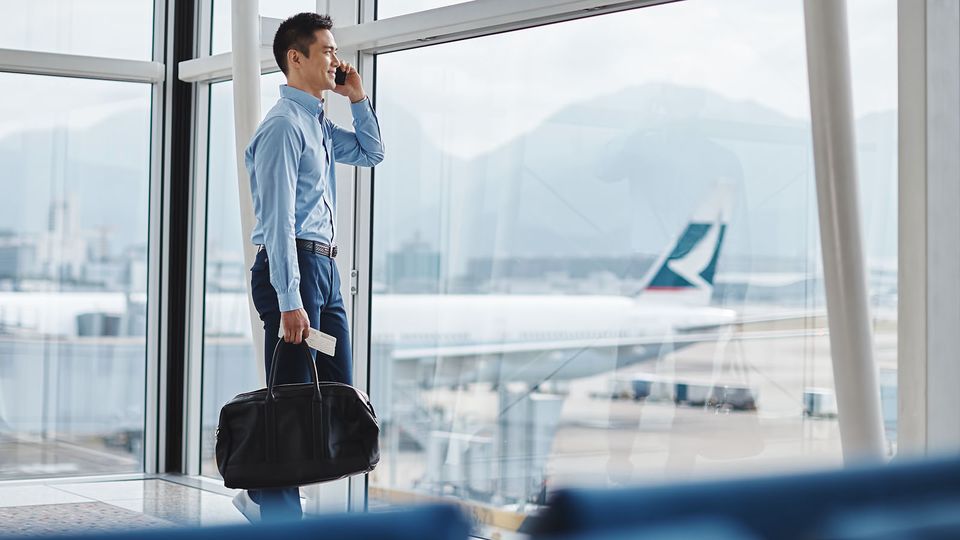
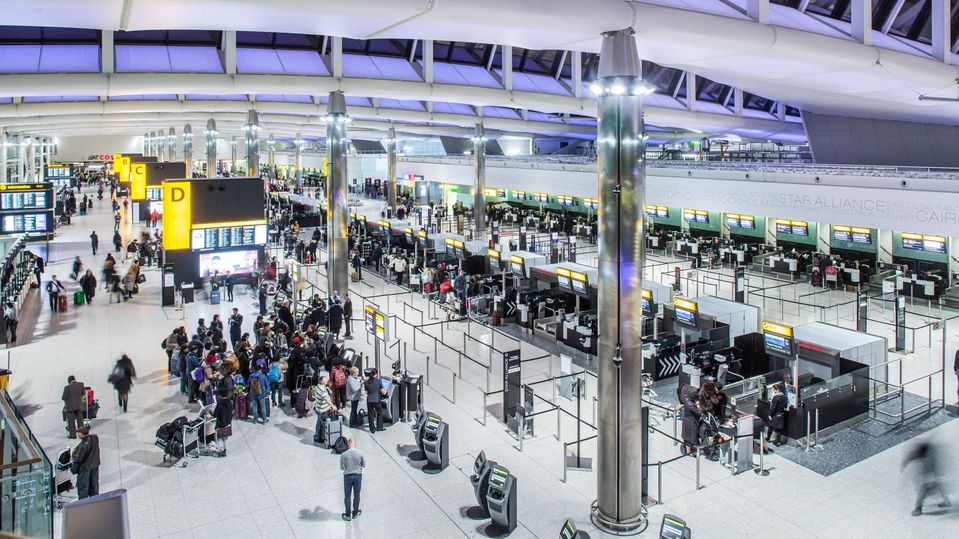

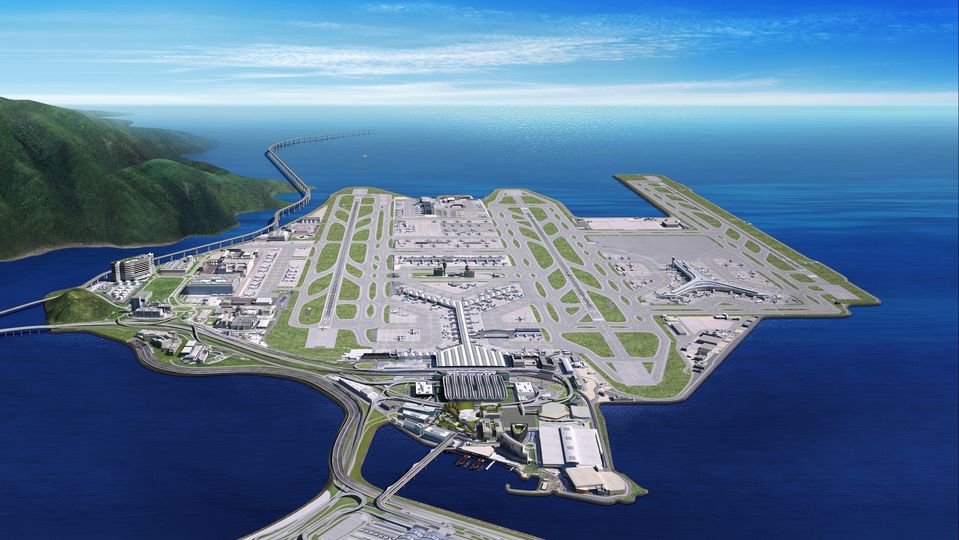
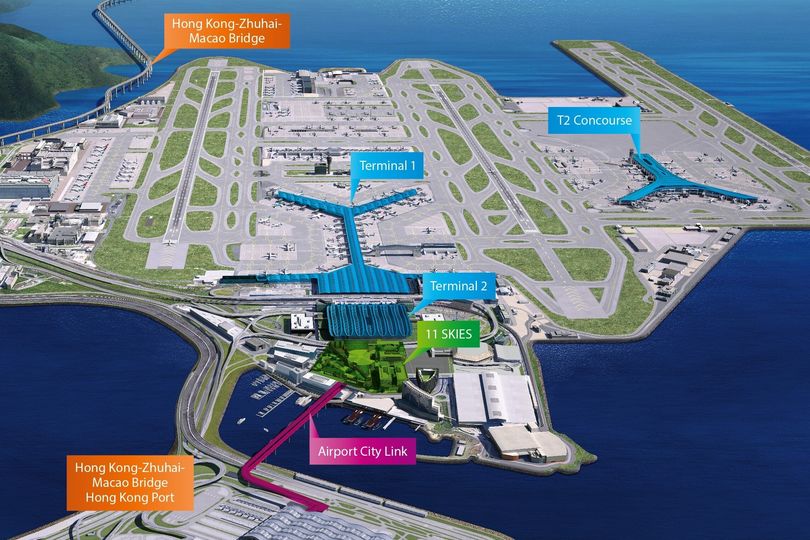
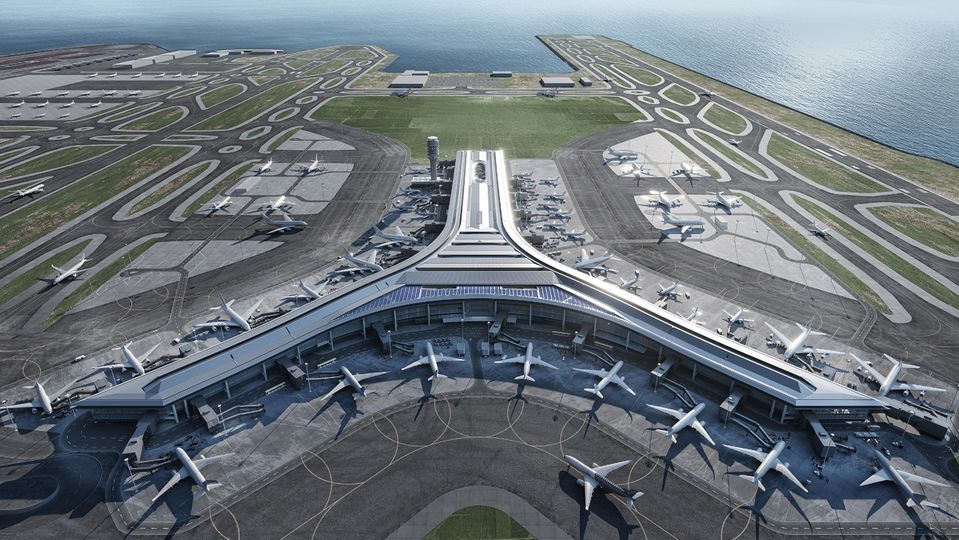
21 Apr 2017
Total posts 51
Interesting article thanks. I have to say, I’m really not loving the long taxi times in to T1 from 07L/25R when flying CX.
03 Mar 2023
Total posts 37
Love HK and HK airport is by far my favourite airport. As a OneWorld slave though it seems I'll be using T1 and not the new T2.
Hi Guest, join in the discussion on Which airlines will move to Hong Kong’s new Terminal 2?